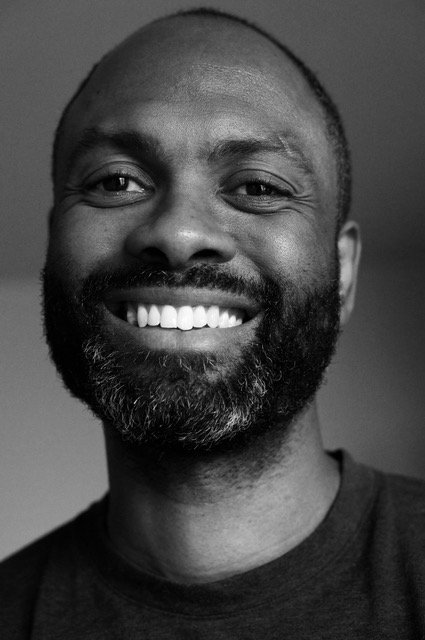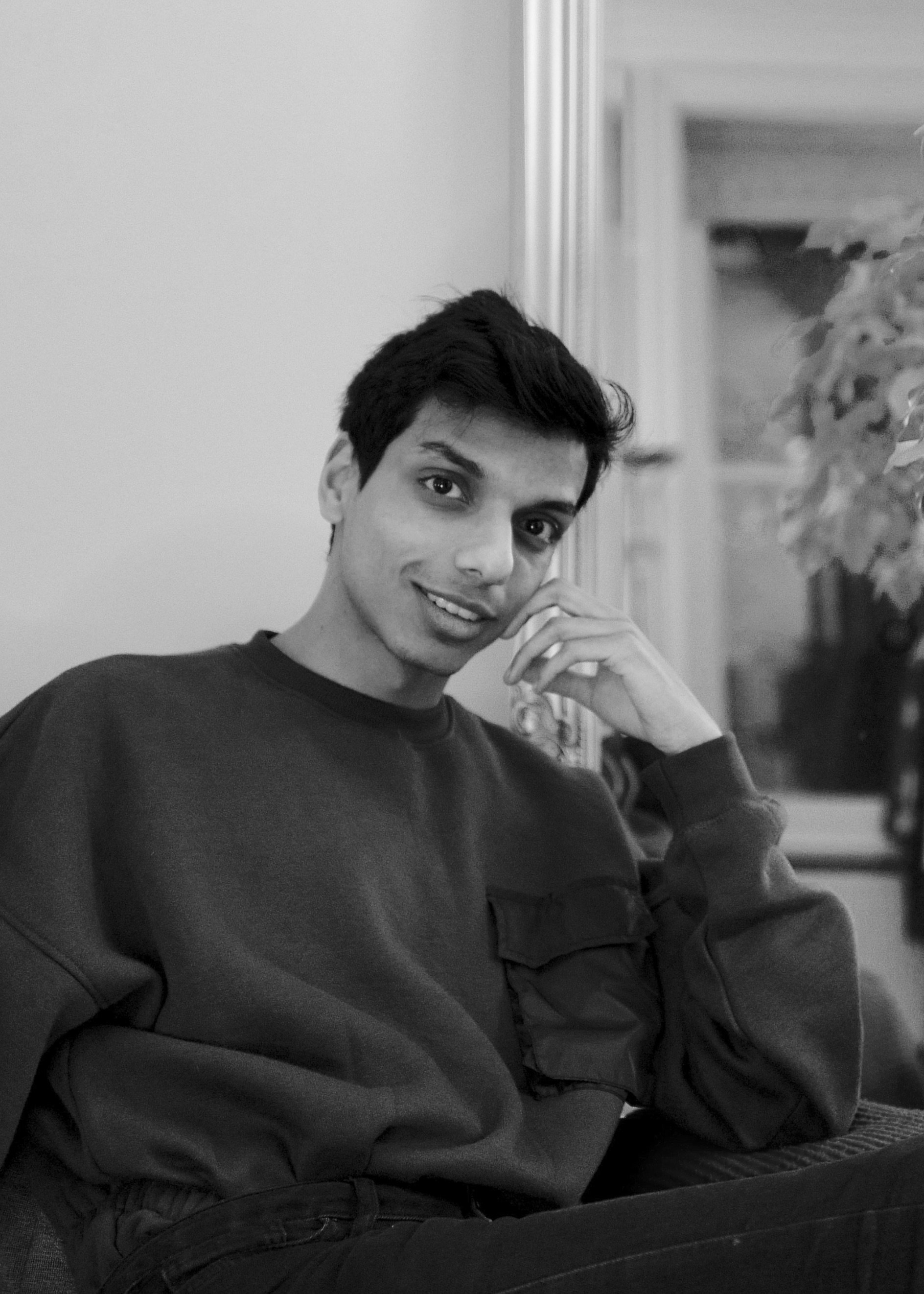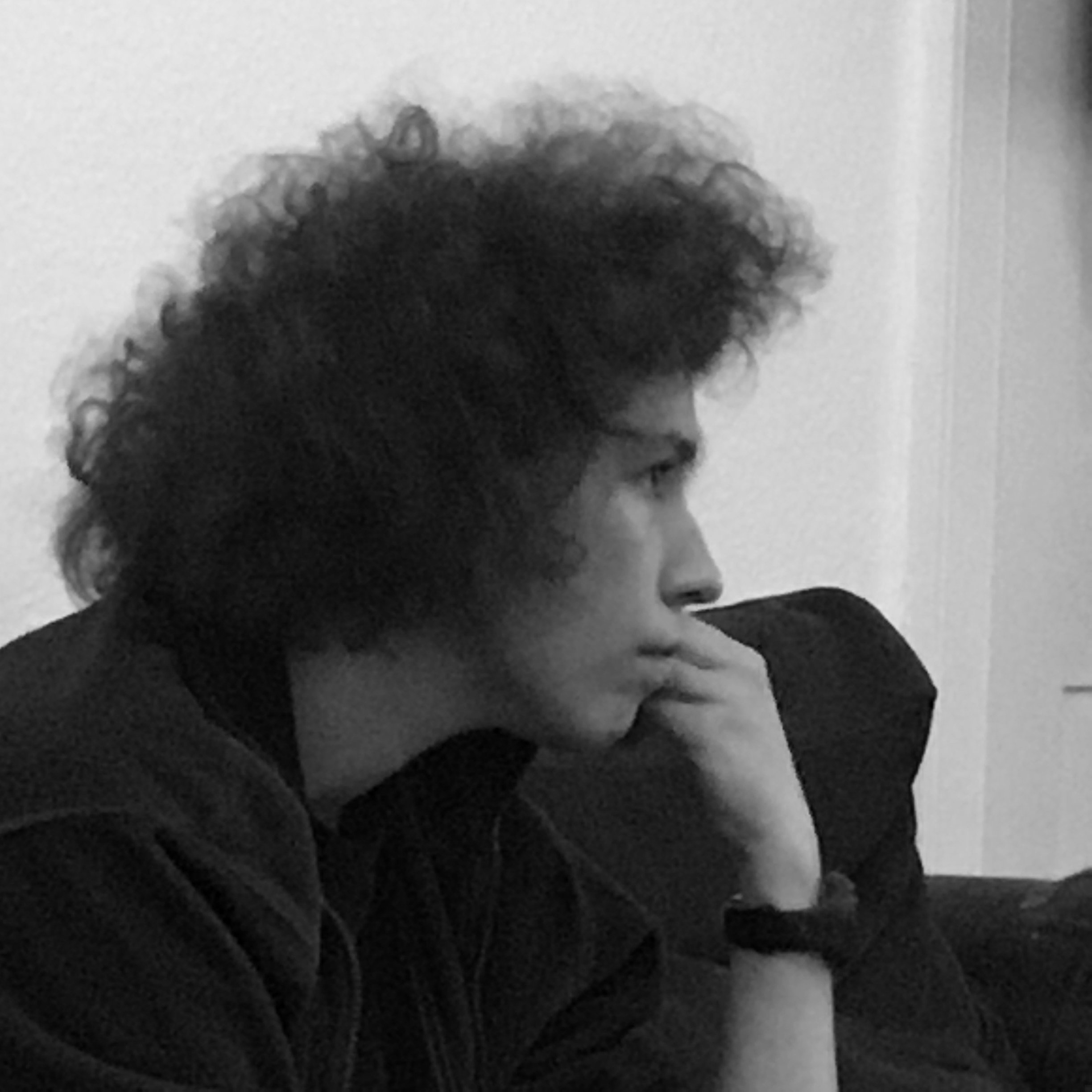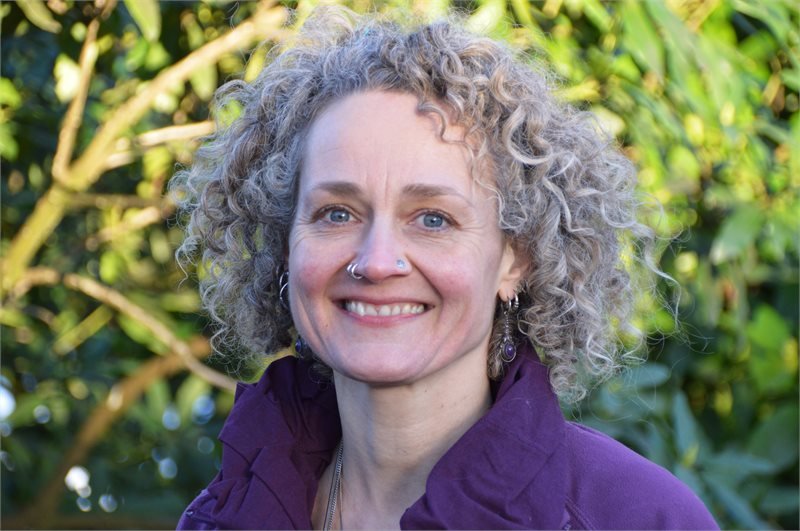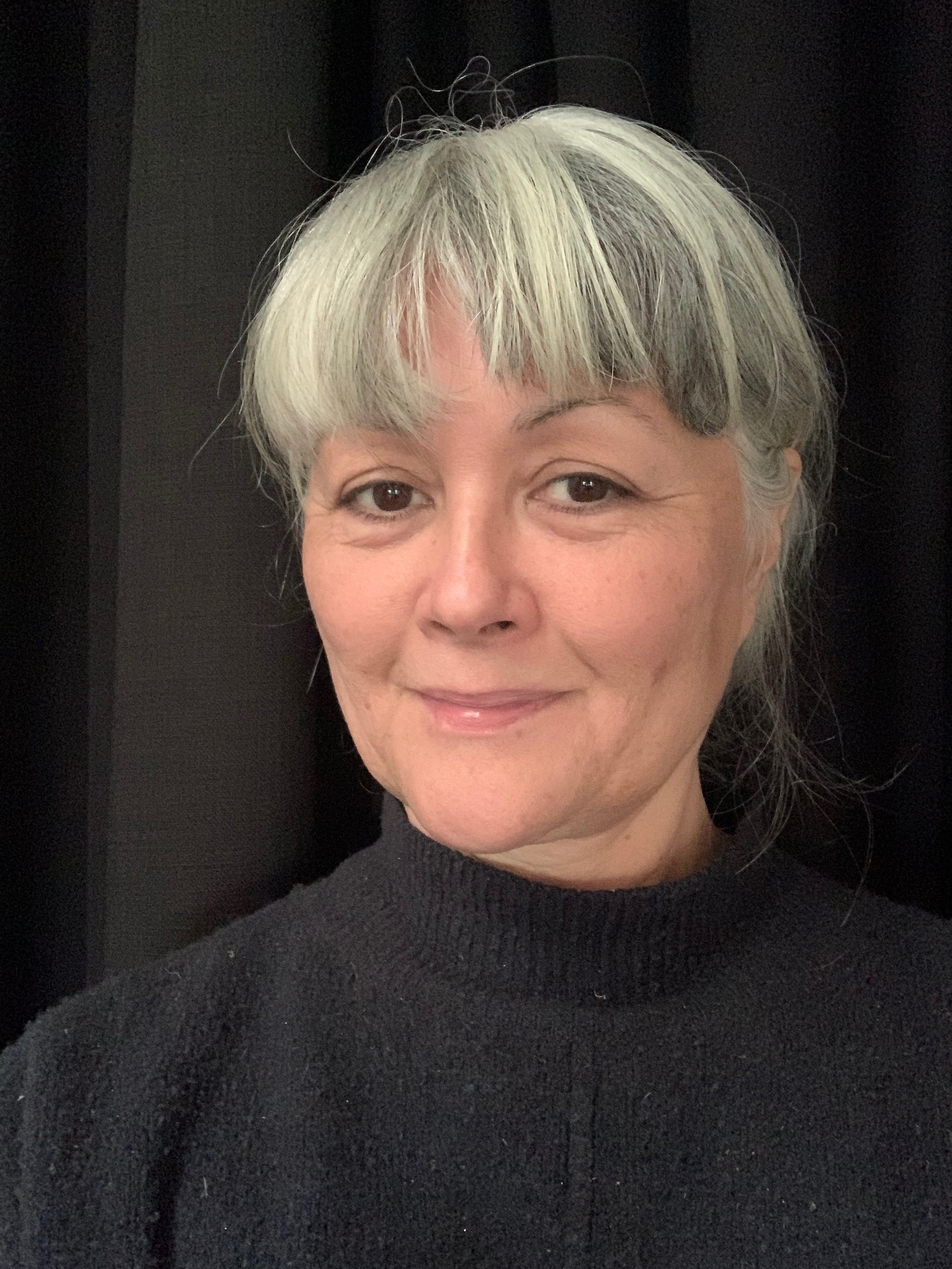Having said all of this, and in awareness of the importance of not relying on the underrepresented to find solutions to these publishing obstacles, it seemed important to ask our brilliant prizewinning writers, each of whom belongs to a group or groups currently underrepresented in UK publishing, about their experience of the industry and their opinions about how it could be further diversified.
I began by sending out a few questions and asking our authors to respond either by answering my questions or simply sending me their own thoughts on what the industry could do to encourage and nurture diverse talent.
My questions covered their own experience of the industry to date; whether they felt it had been harder for them to engage in the industry because their voice was currently underrepresented; what the industry could do to make access easier for them; whether they felt the industry had expectations of their work—the content, its structure etc.—because of the community or communities to which they belonged, and whether presenting something different to those expectations provided a further barrier; and anything else that mattered to them.
I had an overwhelmingly eloquent and stimulating response, even from those, like Mich Maroney, who felt they hadn’t yet had enough interaction with the industry to respond in greater depth.
Several writers felt that feedback from the industry, when submitting, was something that would help, particularly for those who can’t afford to pay for feedback through courses or manuscript and editorial services.
Even those who work in the industry, such as Malachi McIntosh, agree that treating writers as ‘people rather than raw material’ is essential. He understands why the industry blank submissions and send standard rejections, but ‘the least we can all do is treat aspiring writers with care and respect. Billions of hours of labour are going into works that often don’t pass muster. At least say keep trying.’
Feedback would help writers work out why they are being rejected and make it clear whether the writer or the industry needed to work harder. As the Rethinking ‘Diversity’ in Publishing, 2020 report suggested, the industry needs to question its assumptions around being a meritocracy. Such assumptions don’t always stand up to scrutiny when looking at celebrity publishing, for example. The assumed audience rears its ugly head again.
As our writers explained, having work rejected on the basis of an unrelatable character or storyline would suggest the industry needed to do some more work into its other potential audiences, or markets, whereas a rejection based on skill would be something for the writer to work on.
Writer Hannah Hoare extrapolated: ‘The more I attempt to get my work published, the more aware I become that publishing is a business. I therefore find it strange that largely untapped markets of readers exist who are desperate for stories relating to their own experiences. Currently, many consume their fiction online, as web comics, fan fiction, and other independent content—works which bypass the gatekeepers of mainstream publishing and reach their audience undiluted. These readers are not necessarily looking for stories in which a minority character suffers through and overcomes prejudice; nor are they looking for works which aim to explain a minority perspective to a mainstream audience. They are looking for something which speaks to them, as people of minority backgrounds themselves.’
For our authors, putting work into exploring diverse markets and nurturing diverse voices is simply good business. Nishith Hegde—who said he felt he might have more success submitting work as Nick Hedge—makes it clear that, ‘The obvious question of moral decency aside, it [the exclusion of certain voices] is also plainly counterproductive to successful business.’ Hannah’s further advice to the industry was, ‘Don’t limit yourself to the conventional writing groups, literary festivals and creative writing MAs. Go to meetups, find forums, and learn about the communities you hope to represent. Learn about their experiences, what they find relatable, and what they want to read. Then you can set your sights on sourcing diverse writers who can write these stories.’
Shane Lowe suggested that the industry might want to invest early, in the way that football invests in schools and academies throughout the country, nurturing enthusiasm and providing resources at the grassroots level in order to open up access to creative writing. He asks us to imagine the current system working on the basis of tennis coaching, when it ought to be working on the basis of football coaching: rather than relying on talent grown through paid coaching sessions, the resources and skills for reading and writing should be offered to a greater number of young people who might then go on to take an interest not only in writing but also in reading and providing the market and industry professionals for those young writers.
The idea of changing the gatekeepers was a strong one to come through from our writers too. It isn’t enough to have diverse writers but to have diverse readers judging the work. As William Cairns put it, ‘the literary establishment doesn't appear to be very good at letting certain groups in’. He went on to say: ‘works written by members of under-represented groups pass through the hands of many individuals within publishing, a large percentage of whom belong to the over-represented, who by a kind of cultural reflex may often pass on work that doesn't match their own notions of what good books should be. So it's inevitable that working-class writing would have a hard time passing this barrier, even if the barrier is complacent and passive rather than actively hostile. As for the various efforts being made to address this… With the best will in the world, these are being made by the very people who are part of the problem.’
The idea of agents and publishers expecting work from certain communities to follow certain trajectories and be about certain kinds of characters was also noted.
Malachi McIntosh remarked: ‘I want the freedom to write about whatever, but I feel like an interest in “diversity” in publishing is about Black-face-in-silhouette covers and content and nothing more experimental or potentially challenging. It sometimes feels the mainstream is solely interested in perceived notions of marketability and, for non-white or otherwise marginalised writers, that means a correspondence between the category you’re perceived as fitting into and the content of your work. I regularly think, like a generation of Black actors—and writers in fact—that I’d have an easier time in the US where notions of what’s allowable and possible seem wider.
‘... I worry about the kinds of stories we’re allowed to tell and the unspoken fixation on notions of “authenticity”—that is what someone else thinks is “authentic” for you to be writing about. Every prize/scheme for Black writers I’ve seen seems to reward stories that only capture a fraction of what it is to be Black in Britain, and certain stereotypical representations feel like they’re the ones publishers are most excited about. Both Zadie Smith and Bernardine Evaristo have both written about this (in the New York Review of Books and the Guardian, respectively. Even I have! (in the Independent)).’
This feeling was reflected in the responses of other authors too. William Cairns was particularly eloquent about Shuggie Bain: ‘I apologise for referring again to Shuggie Bain. My worry is that by winning the Booker it became an exemplar of what to expect from my community. Because a book that reads like it was written with the help of a tick box entitled “Scottish Working-Class Stereotypes” isn't a good role model for the future. A book steeped in deprecated stereotypes sets a bad precedent in terms of what publishers want or expect from us. Even the prose style is unrepresentative—characters speak in dialect but Shuggie thinks in traditional English prose. It's ironic that the book's author has praised James Kelman for pioneering a writing style that utilised Glaswegian speech patterns in every aspect of a work, inspiring writers like myself to use their own dialect. It's ironic because Shuggie Bain, rather than being a stylistically authentic work that builds upon Kelman, is a backward step. And as a writer hoping for more nuanced representations of Scottish working-class life as we move through the 21st century, this is disappointing to say the least.’
Kay Inckle spoke about disability and fiction: ‘The industry, like the rest of the world, is dominated by able-bodied perceptions of disability. Therefore, the representations of disabled people that get published (usually by non-disabled writers) are those which reinforce able-bodied fears and prejudices about disability. Disabled people usually function in fiction as mono-dimensional stereotypes, metaphors and tropes for lives not worth living, failed masculinity, or pitiable broken bodies. And that creates a cycle where perceptions remain that disabled people have nothing to contribute except tragic tales of empty, broken lives filled with yearning to be restored to “normality”. Yet disability is always a critical and creative relationship to the world which offers a rich seam of experience and imagination at both the universal and specific levels of human lives.’
If you insert any of the underrepresented categories into Kay’s following sentence, you get the feel for the message being spoken by all of the authors: ‘Fiction has the power to unleash huge perceptual shifts, but first we need the industry to critically assess itself in relation to disability and disabled people so that it can be truly open and diverse.’
As Nishith Hegde put it at the end of his response: ‘Almost every person on this planet has one of the demographic characteristics that publishing people would consider underrepresented, and would hand-wring about their own inability to promote. Who, then, does the industry imagine are their readers? I guarantee the average person walking into Waterstones, or WHSmith, or Foyles, or the charity shop, or the library, is an underrepresented person by one of the demographic indicators we discuss ...
‘Almost every child, gifted with boundless imagination, who needs literature for comfort, to feel safe, to broaden their horizons, to set them on paths into the world—from the furthest reaches of the stars to the meta-textual world of writing itself—loses out as a result. This is why change needs to be cyclical, and why the building of community, dialogue, and yes, a frank appraisal of the publishing system itself, is necessary. Nothing will change until, instead of opening doors, we begin to ask ourselves why there is a wall in the first place.’
After The Book Edit’s Writer’s Prize 2021 Showcase back in November 2021, the writers stayed online to talk about the evening. There was unanimous appreciation of being part of a cohort of prizewinners for this prize, rather than there being an individual prize winner, and some remarked on how they appreciated that the prize was open to all underrepresented writers, rather writers from one underrepresented identity. As the writers made clear in their responses to my questions, we all have multiple identities that intersect and the sooner the publishing industry recognises and celebrates the talent and revenue possibilities of this, the better.
The Book Edit’s Writers’ Prize 2021 competition winners remind us of the importance of industry diversity initiatives but also call on the industry to abandon the comfort of their unrepresentative imagined audience and seek out ways to engage with an audience that is truly representative of the diversity of our nation. It should be an exciting proposal. As Bernadine Evaristo writes in the Foreword to the Rethinking ‘Diversity’ in Publishing Report, 2020, ‘Literature transcends all perceived differences and barriers. It’s partly the point of it’.



